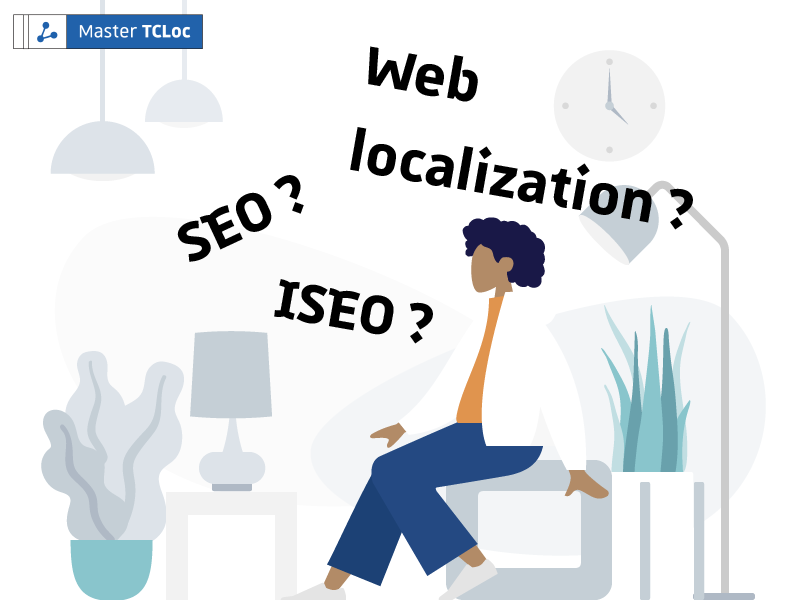Localization and SEO for newbies
By now, you should know that according to the Globalization and Localization Association (GALA), localization is the process of adapting a product or service to a specific locale. Some of the things to consider when localizing a product to a particular market are language, culture, tradition, religion, and legal requirements.
Meanwhile, Google defines SEO as the practice of including content on your site that has the potential to improve your site’s visibility to search engines and their users. So how and when do these two come together? That is where ISEO – or international SEO – comes into place. In fact, ISEO stands for applying the principles of SEO and many others to localized websites.
What is ISEO or international SEO?
In the Profile of an SEO Expert TCLoc blog post from 2017, Chris Raulf – SEO expert and TCLoc instructor – explains: “[…] If you don’t optimize your content for searches, it’s just a billboard for informational purposes. It’s so applicable to [language service providers], but not many people get it. They could start to offer ISEO as a service, which would set them apart from other service providers and generate more business.”
As Mr. Raulf mentions, SEO plays a significant role in a business’s success. A better position in the search results not only positively influences a company’s sales but also increases brand awareness. Therefore, optimizing your SEO for other countries and languages only make sense if you are introducing your product – or service – to a new international market, which is exactly what ISEO is for.
ISEO and web localization go together
When you’re building your ISEO strategy, website localization is extremely valuable, since customers will stay longer on a site that caters to them. The overall goal is to offer your customer a more native user experience and to make it easier for them to find and remember you.
Some of the many aspects to take into account when localizing a site are units of measurement, local currency, payment methods available, and date and time formats. You can find more details on the ways your website can be localized here: The 5 Levels of Website Localization
To learn more about the technical aspect of these processes coming together, please check this post: Website Localization Best Practices: Go International!
SEO and localization are actually quite connected after all, right? Check the rest of the TCLoc Master’s Degree Curriculum here.



